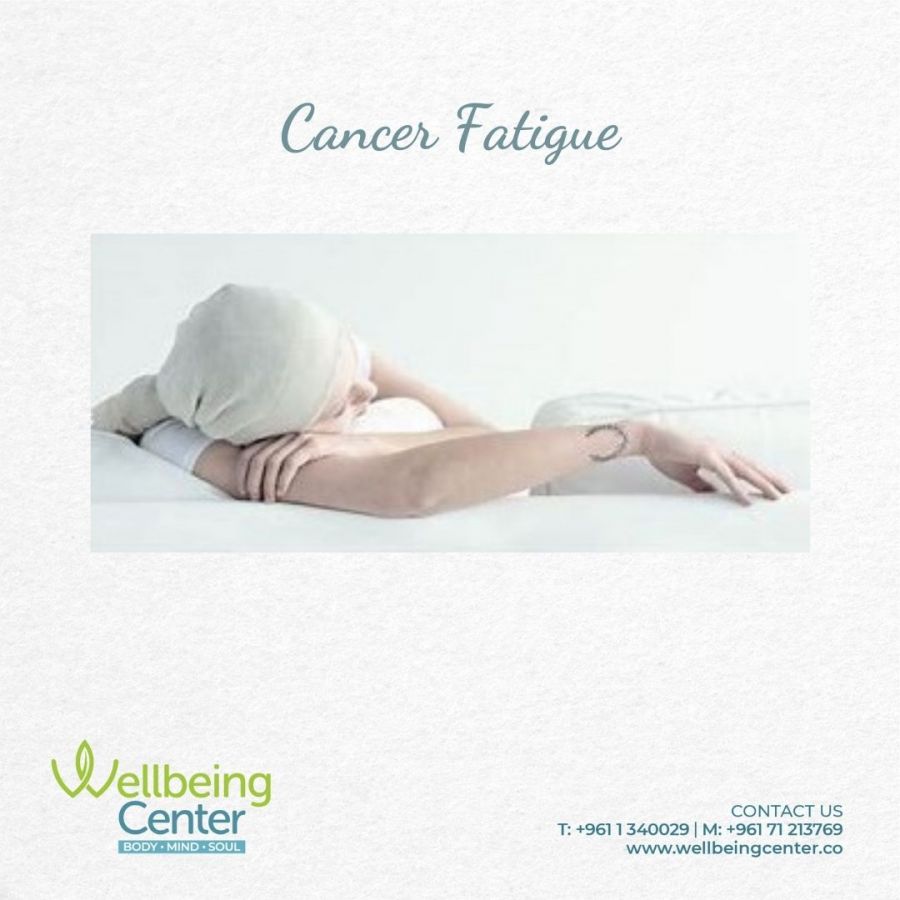Cancer Fatigue

This type of fatigue is not the same as feeling tired after not getting enough rest.
- It affects your daily life
- It does not match your level of activity
- It does not improve with rest
Most people receiving cancer treatment have fatigue. Some may have it for months or years after finishing treatment.
How fatigue affects quality of life
For some, cancer-related fatigue only slightly bothers them. Others find that it makes life hard and negatively affects these aspects of life:
- Mood and emotions
- Daily activities
- Job performance
- Hobbies and other types of recreation
- Social relationships
- Ability to cope with treatment
- Hope for the future
Treating the causes of fatigue
First, it is important to treat medical conditions that contribute to your fatigue. These include:
Pain. Living with constant pain is often exhausting. What’s more, many pain medicines cause drowsiness and fatigue.
Depression, anxiety, and stress. These conditions can increase exhaustion. Managing stress and treating depression and anxiety often reduces fatigue.
Insomnia. Stress, pain, and worry may contribute to insomnia, which means having trouble falling asleep or staying asleep. In addition, some medicines disturb normal sleep patterns.
Poor nutrition. A well-balanced diet may help reduce fatigue.
Anemia. Many people with cancer have anemia, which is when your red blood cell count is low. People with anemia may feel extreme and overwhelming fatigue. Anemia treatment may include nutritional supplements, drugs, or blood transfusions.
Treatment side effects. Certain types of treatment can cause fatigue. For example, people commonly experience fatigue a few days after chemotherapy, after starting radiation therapy, after immunotherapy.
Other strategies to cope with fatigue
Lifestyle changes may help you cope with fatigue. These include:
Physical activity. Staying or becoming active can help relieve cancer-related fatigue.
Counseling. Talking with your counselor help reduce fatigue. For example, cognitive behavioral therapy may help you:
- Reframe your thoughts about fatigue
- Improve coping skills
- Overcome sleep problems that contribute to fatigue
Mind-body strategies. Evidence suggests that these can reduce fatigue in cancer survivors:
- Mindfulness practices
- Yoga
- Acupuncture
In addition, the following methods may be helpful: massage, music therapy, relaxation and meditation.
Medication and supplements. Some medications help people feel more alert and awake. They seem most helpful for 2 types of people: those receiving cancer treatment, and those who have advanced cancer. In addition, researchers are studying whether supplements, such as ginseng and vitamin D, may help.
